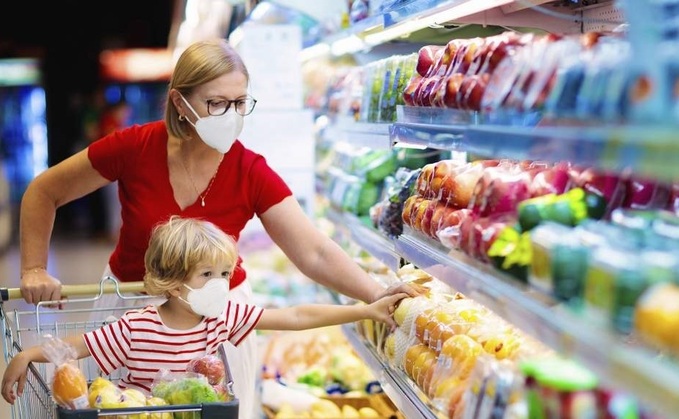
As we enter a new chapter, the Co-op believes it is increasingly important for food retailers and their suppliers to work together. Clemmie Gleeson reports on how they are rising to the challenge. Changes...

As we enter a new chapter, the Co-op believes it is increasingly important for food retailers and their suppliers to work together. Clemmie Gleeson reports on how they are rising to the challenge. Changes...